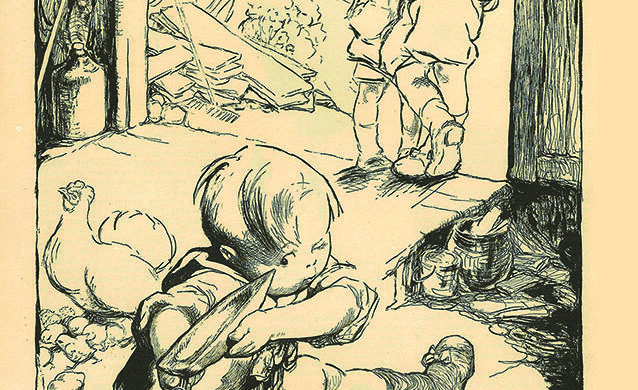The Wages of Dreamwork. Class Composition & the Social Reproduction of Cultural Labor
Stevphen Shukaitis & Joanna Figiel
Surviving as a cultural or artistic worker in the city has never been easy. Creative workers find themselves celebrated as engines of economic growth, economic recovery and urban revitalization even as the conditions for our continued survival becomes more precarious. How can you make a living today in such a situation? That is, how to hold together the demands of paying the rent and bills while managing all the tasks necessary to support one’s practice? How to manage the tensions between creating spaces for creativity and imagination while working through the constraints posed by economic conditions?
In a more traditional workplace it is generally easy to distinguish between those who planned and managed the labor process and those who were involved in its executions: between the managers and the managed. For creative workers these distinctions become increasingly hard to make. Today the passionate and self-motivated labor of the artisan increasingly becomes the model for a self-disciplining, self-managed labor force that works harder, longer, and often for less pay precisely because of its attachment to some degree of personal fulfillment in forms of engaging work. And that ain’t no way to make a living, having to struggle three times as hard for just to have a sense of engagement in meaningful work.
The Wages of Dreamwork investigates how cultural workers in the modern metropolis manage these competing tensions and demands. Does the cultural economy treat you as a tool? If so, perhaps it’s time to rethink how to down tools in this metropolitan factory.
Bio: Stevphen Shukaitis is Reader in Culture & Organization at the University of Essex and is co-director of the Centre for Commons Organizing, Values, Equalities and Resilience. He is the author of Imaginal Machines: Autonomy & Self-Organization in the Revolutions of Everyday Day (2009), The Composition of Movements to Come: Aesthetics and Cultural Labor After the Avant-Garde (2016), Combination Acts. Notes on Collective Practice in the Undercommons(2019). His research focuses on the emergence of collective imagination in social movements and the changing compositions of cultural and artistic labor.
Joanna Figiel works and lives in Warszawa and London. Her research focuses on the changing compositions of labor, precarity, and policy in the creative and cultural sectors. Joanna also works as a translator. She collaborates with Fundacja Bęc Zmiana, and in the past she has worked with groups including the Citizen’s Forum for Contemporary Art in Poland and the PWB in the UK, as well as the Free/Slow University of Warsaw and the ArtLeaks collective.
The Wages of Dreamwork. Class Composition & the Social Reproduction of Cultural Labor by Minor Compositions on Scribd
Ordering Information
For Ordering in the UK Only
Available direct from Minor Compositions (in the UK) now for the special price of £10.
For ordering in the US or Canada it can be purchased from AK Press or Autonomedia.
You can also download it here: The Wages of Dreamwork
240 pages, 4.25 x 7, paperback
UK: £18 / US: $23
ISBN 978-1-57027-407-7
Release to the book trade 24 November 2024

Leave a Reply